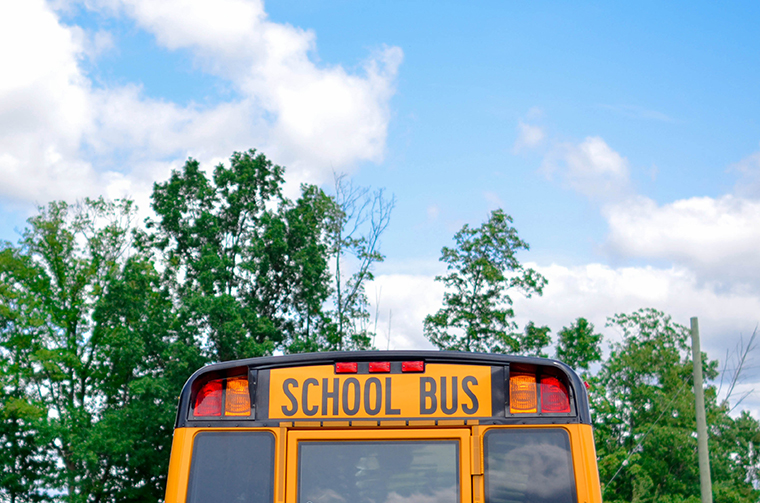
Last year on the first day of school, my kids came home with their volume turned all the way up, their focus totally turned off, and their energy levels at red alert heights.
Why could nobody stay sitting down during snack?!
Why were they all talking so loudly when I was standing right next to them?
Why did everyone insist on running and screaming like we lived in a trampoline park?!?!
I spent most of the afternoon bossing them around and feeling frustrated with them. Not exactly the vibe I want them to live in when they finally get home for the day. : /
The after-school-crazies can be one of my biggest pain points–and it brings out the worst in me if I’m not thoughtful about how I approach it. Here’s how we work through the wild.
After School Restraint Collapse
So apparently, this bad-behavior-after-school thing is a real deal issue.
It’s called “after school restraint collapse” and it basically means that after hours of following directions, sitting still, and focusing hard on learning at school, our kids are bursting to let out whatever they’ve been holding in–feelings, frustrations, independent thought, energy, volume, etc.
I like to compare it to how I feel in the last 15 minutes before my kids’ bedtime. 😉
You know what I’m talking about, right?
That feeling of clock-watching, barely controlled desperation to be off-duty and just be ourselves is probably pretty close to what our kids feel at the end of the school day.
No wonder they’re coming out of their skin!
What It Looks Like
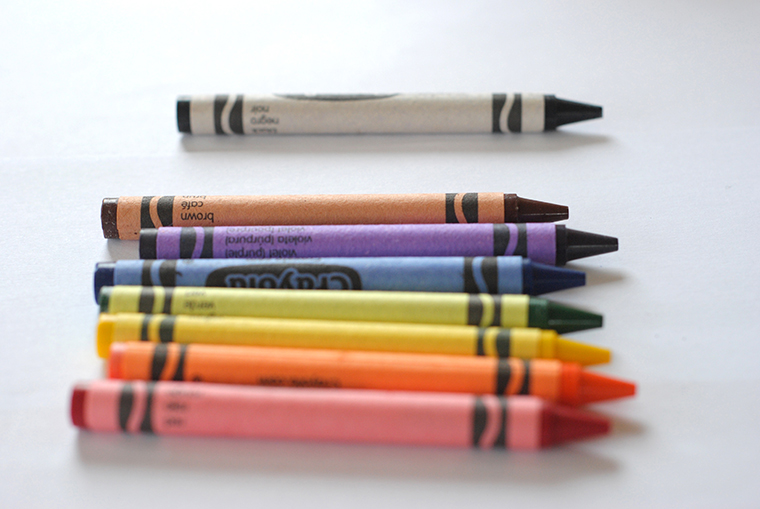
After school restraint collapse can manifest in lots of different ways, and unfortunately, none of them are particularly pleasant.
Some kids may come home bursting with wild-thing, wall-climbing energy, while others might be exhausted and burnt-out.
Others may drop their backpack and leap right into complaining, snippy comebacks, and obedience resistance.
And some will be so overwhelmed that they sink into toddler-level teary meltdowns over something as simple as deciding what to eat for snack.
Helping Your Kids Decompress After School
If you’ve ever come home from work or a busy outing with your kids, and wanted nothing more than to collapse on your couch and zone out in your phone, you can probably relate.
After spending all day following rules and keeping in line, our kids need a safe space to be themselves. Here’s how we can help:
1. Facilitate Freedom.
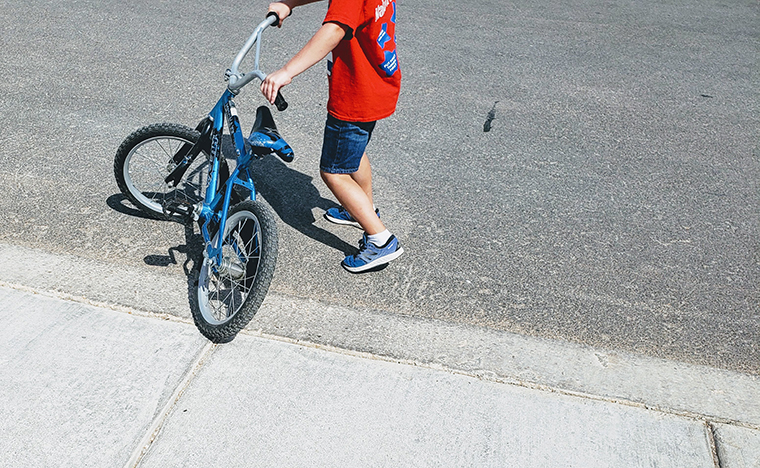
As parents, we sometimes get so focused on caring for our kids, that we forget that they might already know what they need.
That first day of school last year was rough–and I was a big part of the problem:
I was “welcoming” my kids home from a long day of schedules, rules, and seating arrangements by forcing them to do exactly the same thing at home. (Facepalm, anyone?)
Whoops.
I might have felt better with my kids seated quietly at the table eating a snack or doing homework, but demanding that behavior right off the bat was extending the pressure from school into our home life.
To amend my mistake, I changed things up: I started creating intentional downtime for them after school.
Almost every day, I carve out 30 to 45 minutes for my kids to just be kids.
Sometimes this means I meet them at the bus, and let them ride bikes or chalk the driveway while I sit on the porch. Other times they might color a picture, flop down on the couch with a book, or run laps around the sofa or up and down the stairs.
This year, my older kids helped establish their own after-school routine.
However you work it in your family, find a way to give your kids some choice to how they spend their post-school hours.
2. Feed Them.
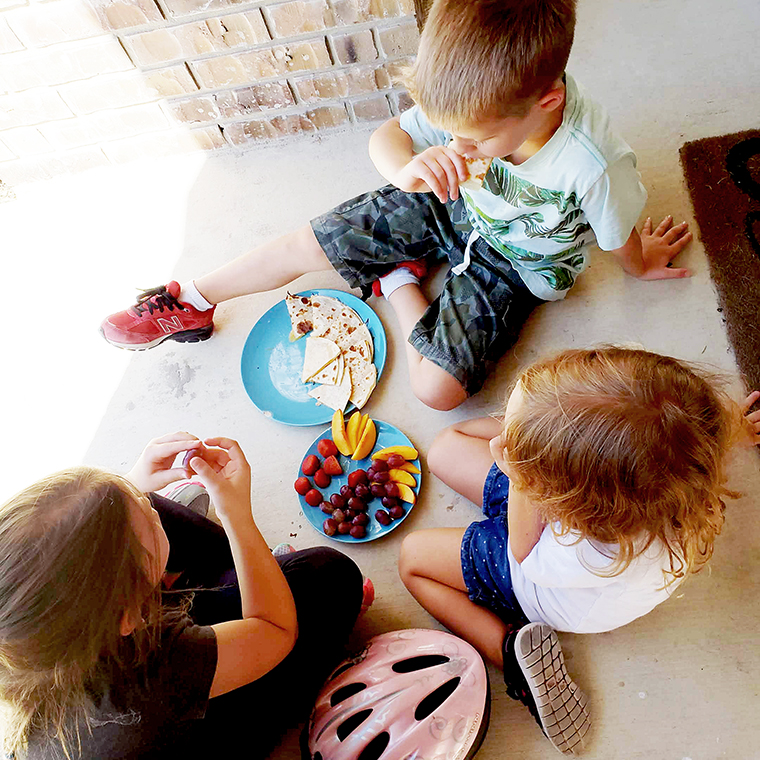
I know you’ve known this since day one, but I’m writing it down because snack time is just that important! It had to officially make this list.
BUT!
When it comes to feeding your child, please don’t stress. An after school snack doesn’t have to be fancy. (i.e. A very Instagrammable kid-friendly charcuterie board.)
Fishy crackers are fine.
It’s totally appropriate to be more focused on fullness and refueling than on how that food looks, or how long it took to prepare it.
And honestly, you don’t even have to prepare snack yourself–I frequently let my kids forage in our snacky-food stash and feed themselves after school.
3. Keep Conversation Casual, and Skip the Questions.
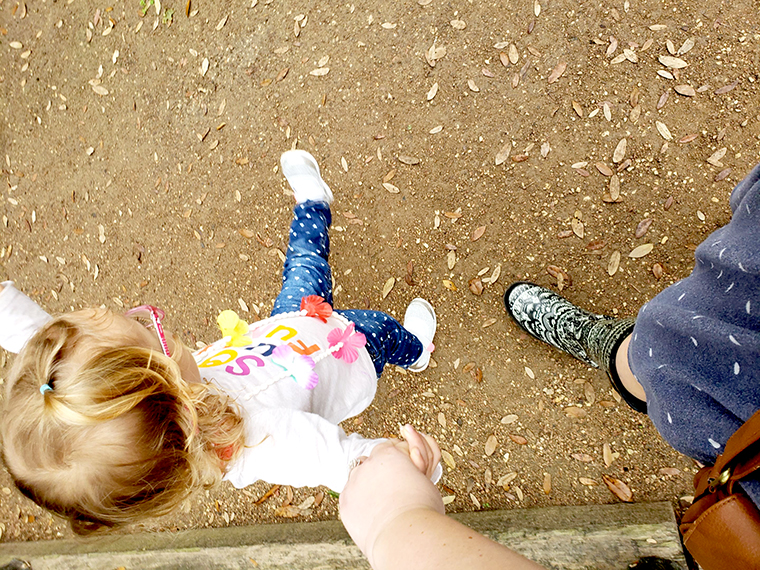
Here’s an embarrassing thing: I get legit snippy when my kids ask me “What’s for dinner?” at the end of the day.
It is possibly one of the quickest ways to turn my hair into snakes and make my eyes glow red.
For some reason, that question just feels like BIG PRESSURE, and it brings out the worst in me.
Similarly, firing off questions (even simple, loving ones) at our kiddos can be overwhelming.
Andrea Loewen Nair, the psychotherapist who coined the term after school restraint collapse, recommends holding off on questions and big conversations at first, so our kids can have time and space to let their brains rest and process.
Rather than asking, “Are you hungry?” she suggests simply setting out a snack and a drink.
She also advises that we leave queries about tonight’s homework, their school day, or other potentially stress-inducing topics for a later time.
Instead?
Follow therapist David Kozlowski’s advice, and choose a positive statement instead of a question:
Tell your kids that you love them, you are glad they are home, or that you have popsicles waiting in the fridge–and let them guide how much (or little) you talk.
4. Allow Space for Rest.
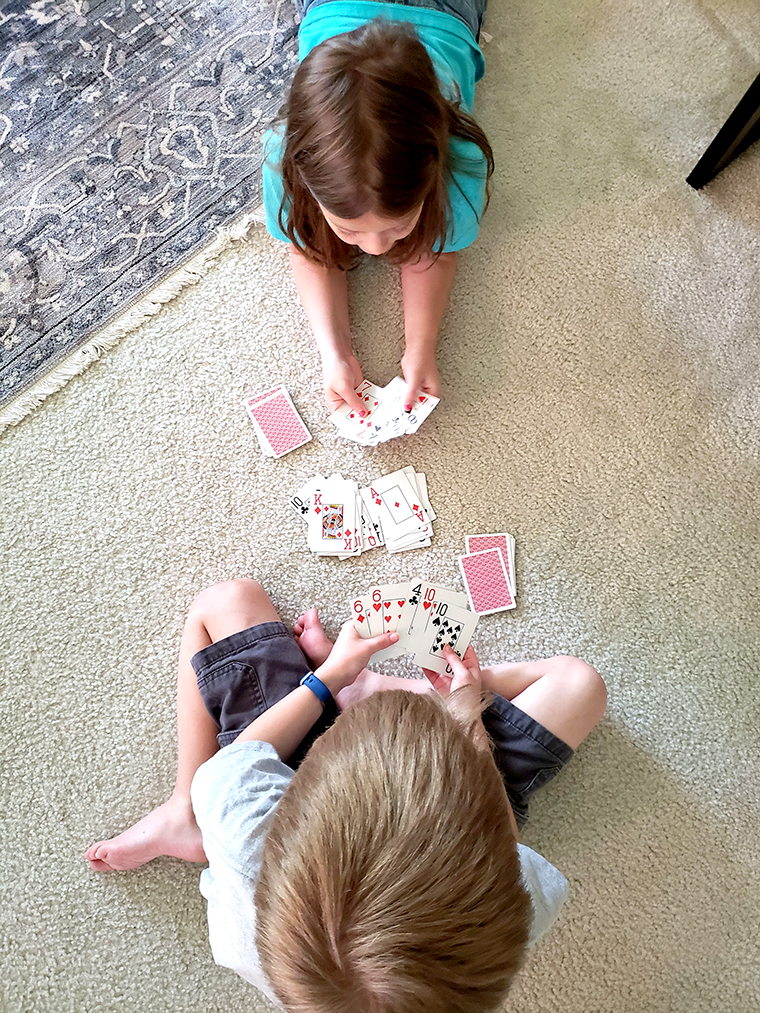
Once we’ve passed the toddler stage, our culture basically starts throwing shade at the idea of rest. As if getting tired is something we age-out of!
There can even be a kind of quiet comparison–even judgement–undercutting many of our adult conversations, as we compare how busy we are or how many extracurriculars are kids are doing.
With this level of unspoken pressure, it can be hard to fight for the value of downtime and sleep.
But it really is worth the effort.
When my kids are cranky, extra-sensitive, or prone to tears after a long day, I often encourage them to take some downtime in their rooms to read, play quietly, or just relax.
Sometimes they haven’t hit their optimal sleep hours in a few days; other times they’re just worn out from working their brains and bodies so hard at school.
Either way, some time to chill out almost always helps them feel (and behave) better.
5. Give Yourself Space, Too.

Mama, we know full well that our kids feed off of our attitudes.
If we’re cranky, overwhelmed, and frustrated, it often follows that our kids reflect our snarky answers and short tempers.
That’s why honoring your own needs is a massive part of supporting your child.
Simple self-care practices like:
- snatching a catnap before school gets out,
- feeding ourselves a snack,
- doing a calming breathing exercise, or
- taking a minute to connect with a friend
can bolster our capacity to cope with tough moments with our children.
Please, please look out for yourself.
And while you’re tackling these changes, rest in this knowledge:
Balance in our home lives isn’t a one-time project, it’s a continual dance, like standing on a ball. We move and bend, we shift and realign. Sometimes it feels almost impossible, sometimes it feels strangely effortless.
Allow yourself the grace to learn what works for you and your kids without beating yourself up for not getting it right every time.
You’re doing great, mama.
xo,
Jamie
p.s. Creating a self-lead school morning routine, 3 simple things that made my life better, and how to rescue a mean-mom day.


